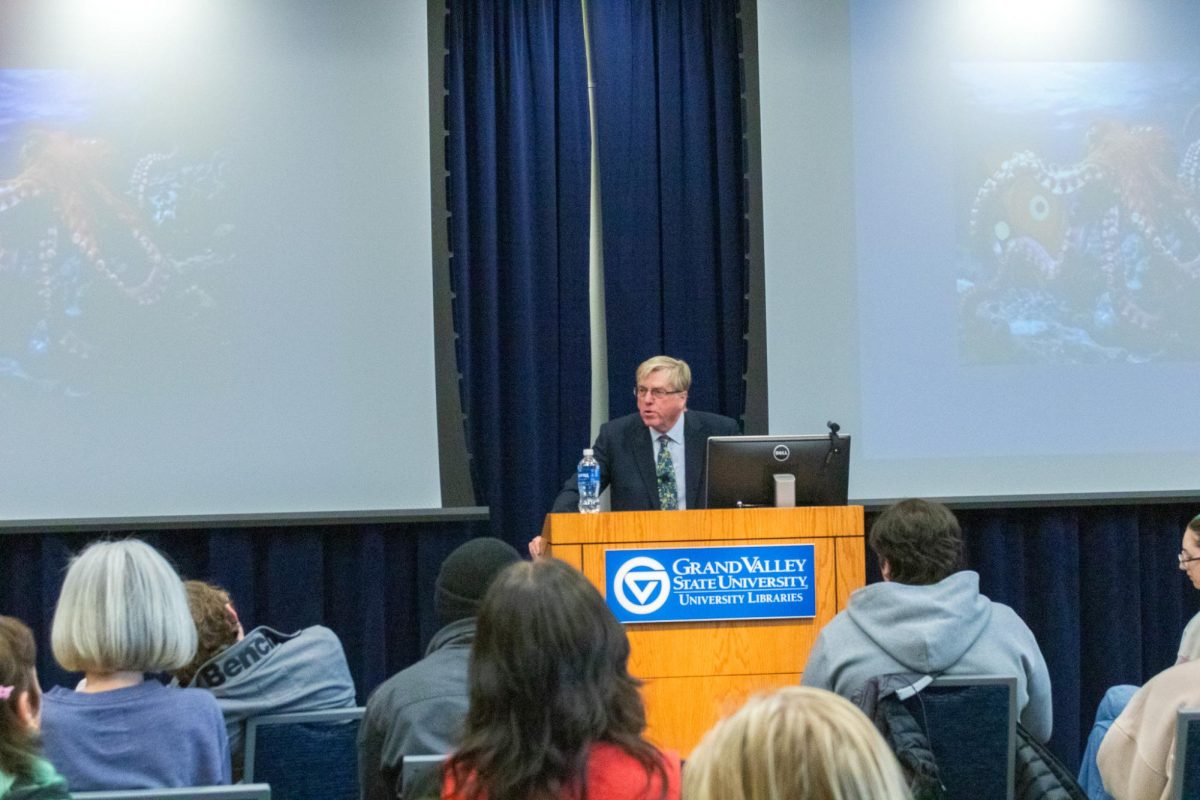Conspiracy theorists don’t know everything
Oct 2, 2017
It’s true. Not a single one of us has an infinite mind with the exact knowledge of everything there is to be known. This is, from what I understand, a pretty well-understood fact. Yet, there are people who still believe that they know much more than they really do.
While I could list several types of people whom I’ve seen with this mindset, there’s no one who really jumps out at me more than online conspiracy theorists.
I’m not trying to start any debates on conspiracy theories. That would be opening a can of worms. Could some of these theories be true? Possibly. After all, I don’t know everything either. But what I do know is this: Some conspiracy theorists are very self-righteous about their views and are unafraid to insult and rant against anyone who says otherwise (especially in YouTube comments). Some of these comments include, “They say this happened, but I know it’s definitely a coverup,” or, “I can’t believe everyone’s too stupid to realize these people are lying.” Wow, they really like to be right, don’t they?
I remember watching a video that had alleged proof that 9/11 was fake or at least not even caused by a plane. The uploader of this video pulled quotes from a few people who admitted that they didn’t know what had happened and then basically said, “See? They didn’t see any plane!” The problem I had with this is the fact that they came to this conclusion using the words of a few people who happened to not see anything. What about the eyewitnesses in the streets who claimed that they did see one? Or was every single person in New York who “saw” something secretly in on it, too? That’s a lot of people.
My point is that you need better evidence to make a claim like that. Using quotes from only a few people with similar experiences is not sufficient evidence.
Another good example of a conspiracy theory playground is music. Now, it has been proven that there are certain subliminal messages found in some songs when a certain part is played in reverse, which is know as backmasking, and there are other ways that artists hide such messages as well. However, there are people who insist that there are hidden messages in nearly every song.
As an Eagles fan, I’m familiar with the theory that the song “Hotel California” is satanic due to a supposed message that is heard when the song is played backwards or because there’s a face that apparently looks suspicious up on the second-floor balcony of the hotel on the back cover of the album.
The Eagles are aware of these theories. In the “History of the Eagles” documentary, Don Henley comments, “(The song’s) been denounced by Evangelicals. We’ve been accused of all kinds of wacky things, like being members of the Church of Satan. People see images on the album cover that aren’t there. … My simple explanation is it’s a song about a journey from innocence to experience. That’s all.” Yet there are so many who are convinced that the song is much more than it appears.
Again, I’m not trying to start any conspiracy debates. All I’m pointing out is that, just like everyone else, conspiracy theorists are imperfect people who don’t know everything and could be right or wrong. I do believe that you should never believe everything you hear, and I know that sometimes there is more to something than how someone makes it appear on the surface, but that doesn’t necessarily mean that everything in the world is not as it seems.
If you do believe in a conspiracy, don’t be the self-righteous person whose main defense is insult. Support your thesis, and don’t be ashamed to be wrong.






















